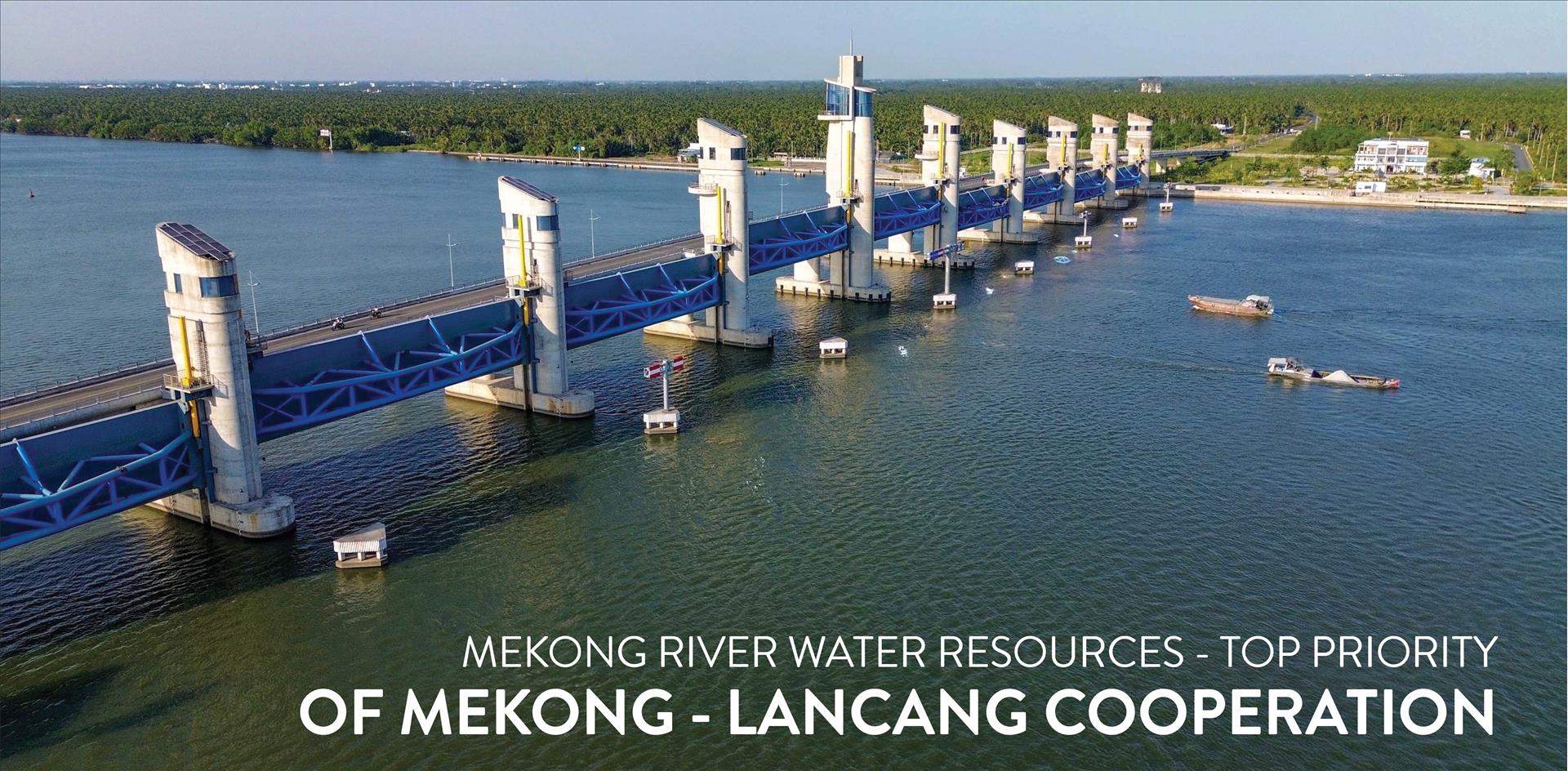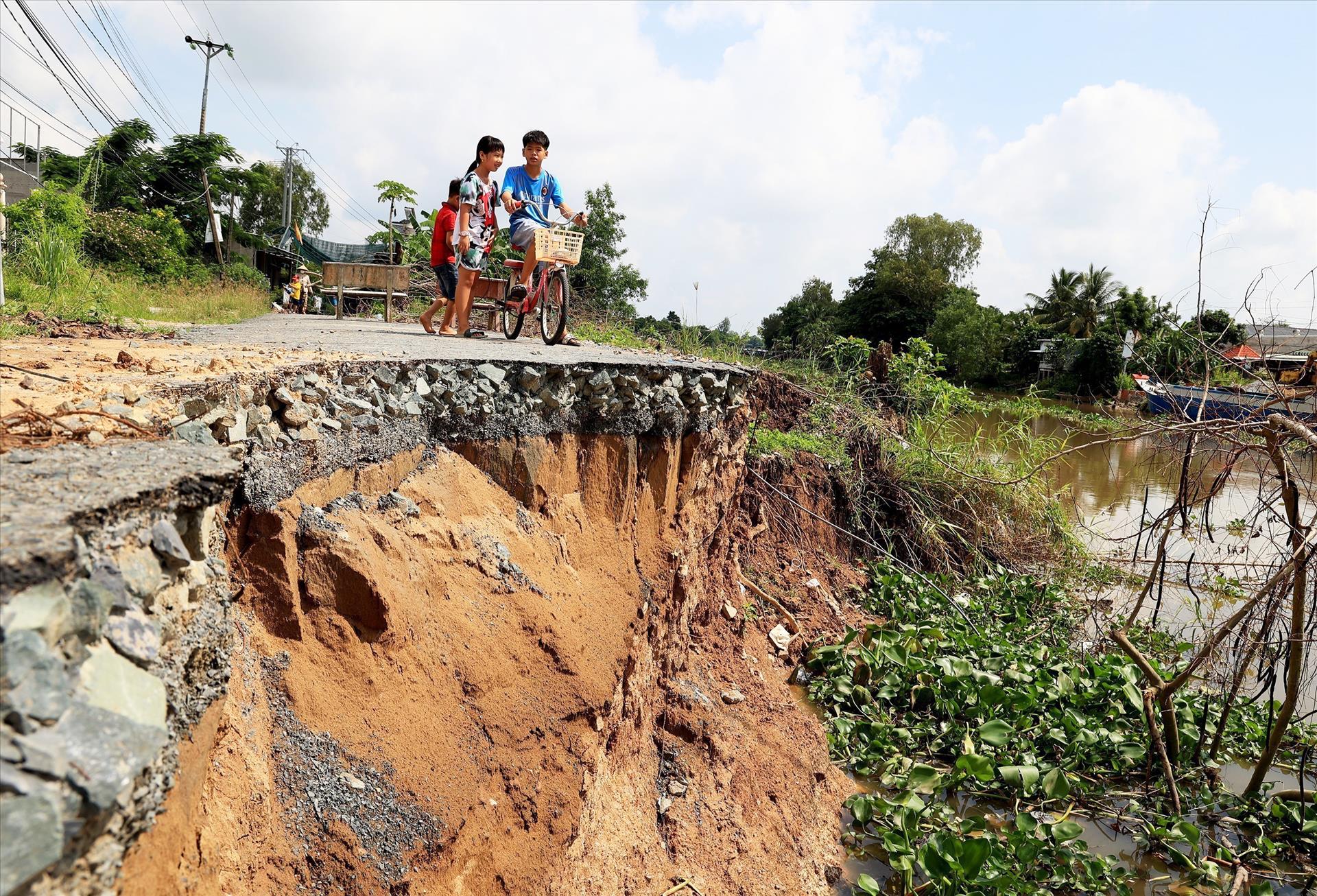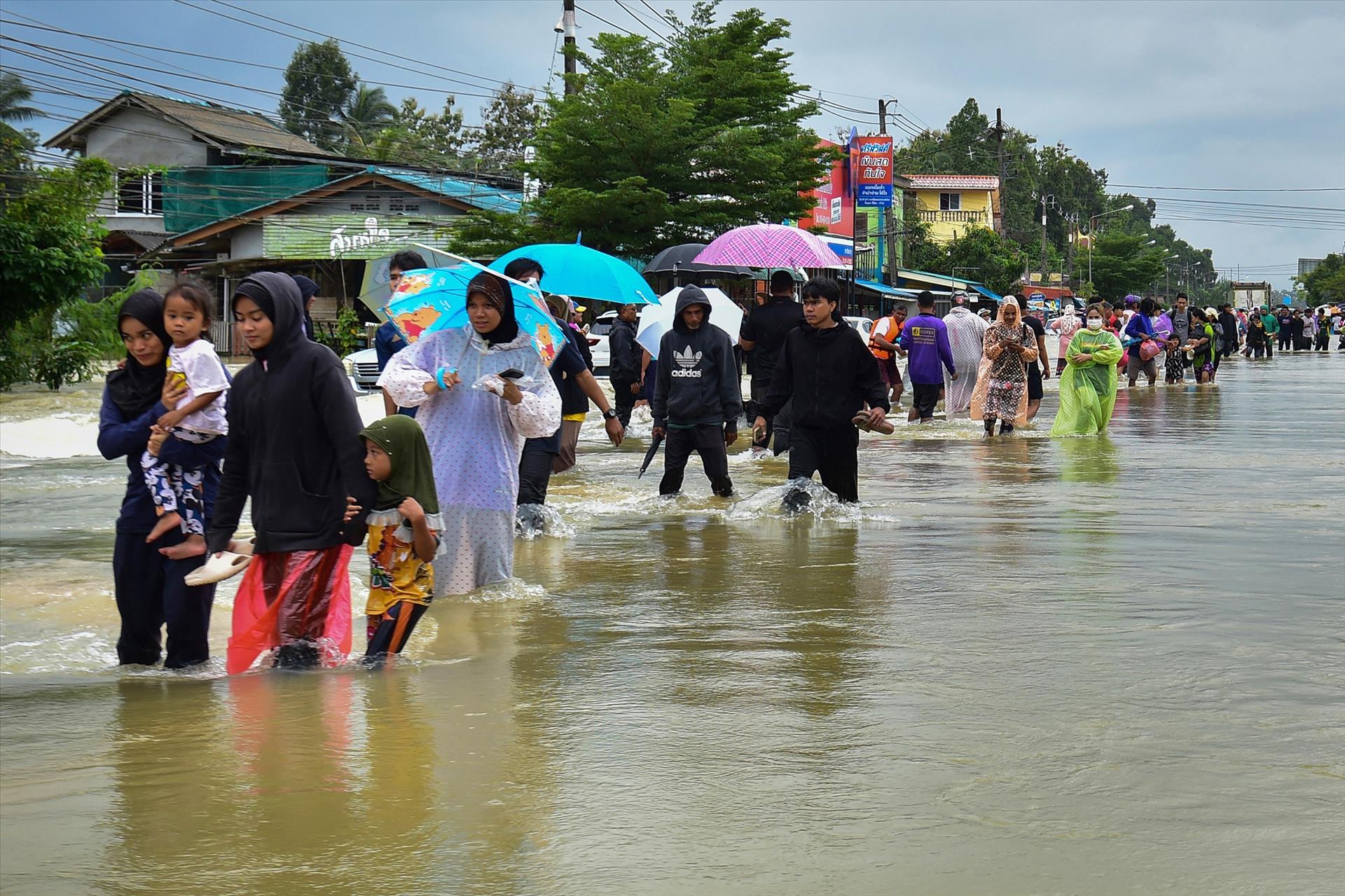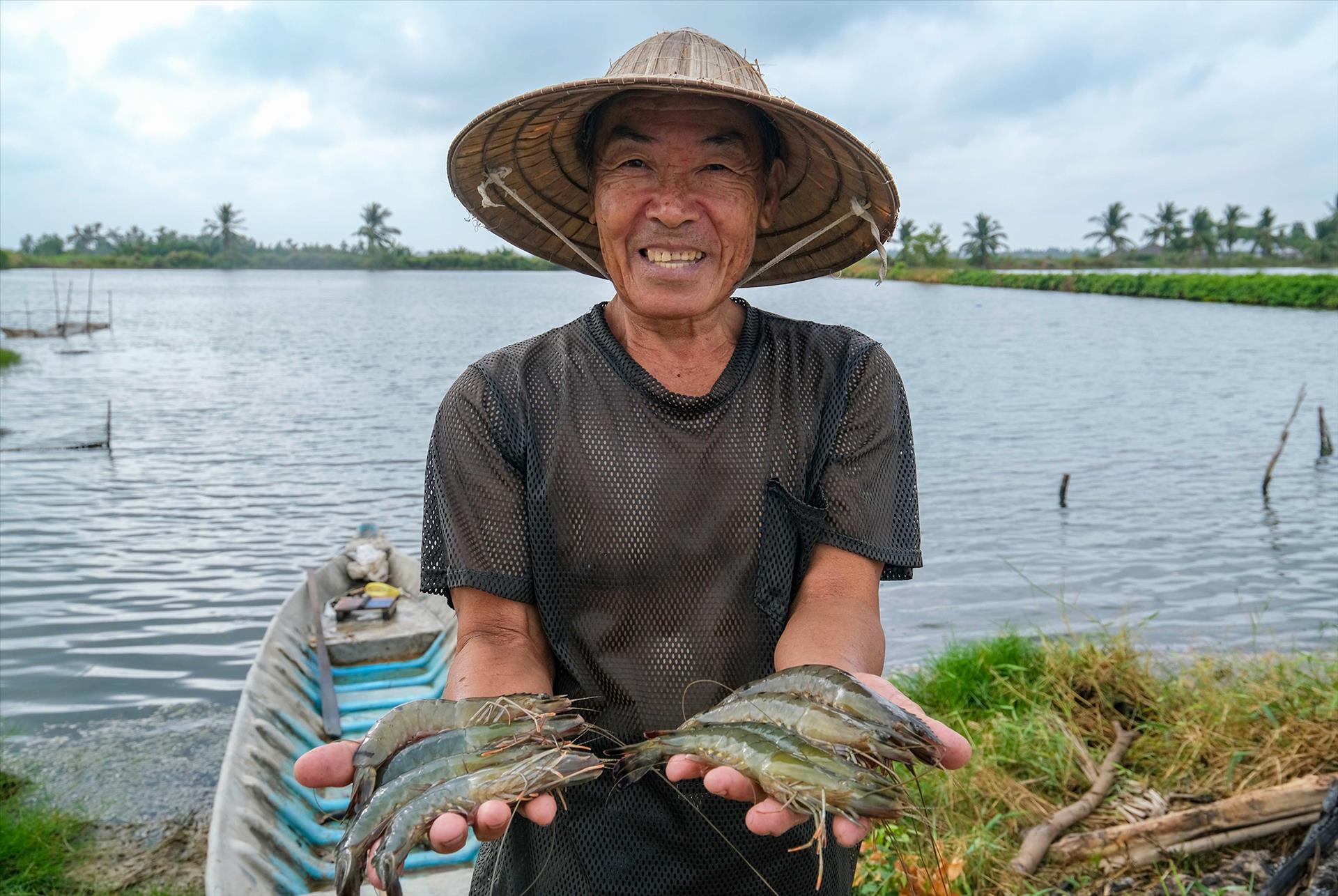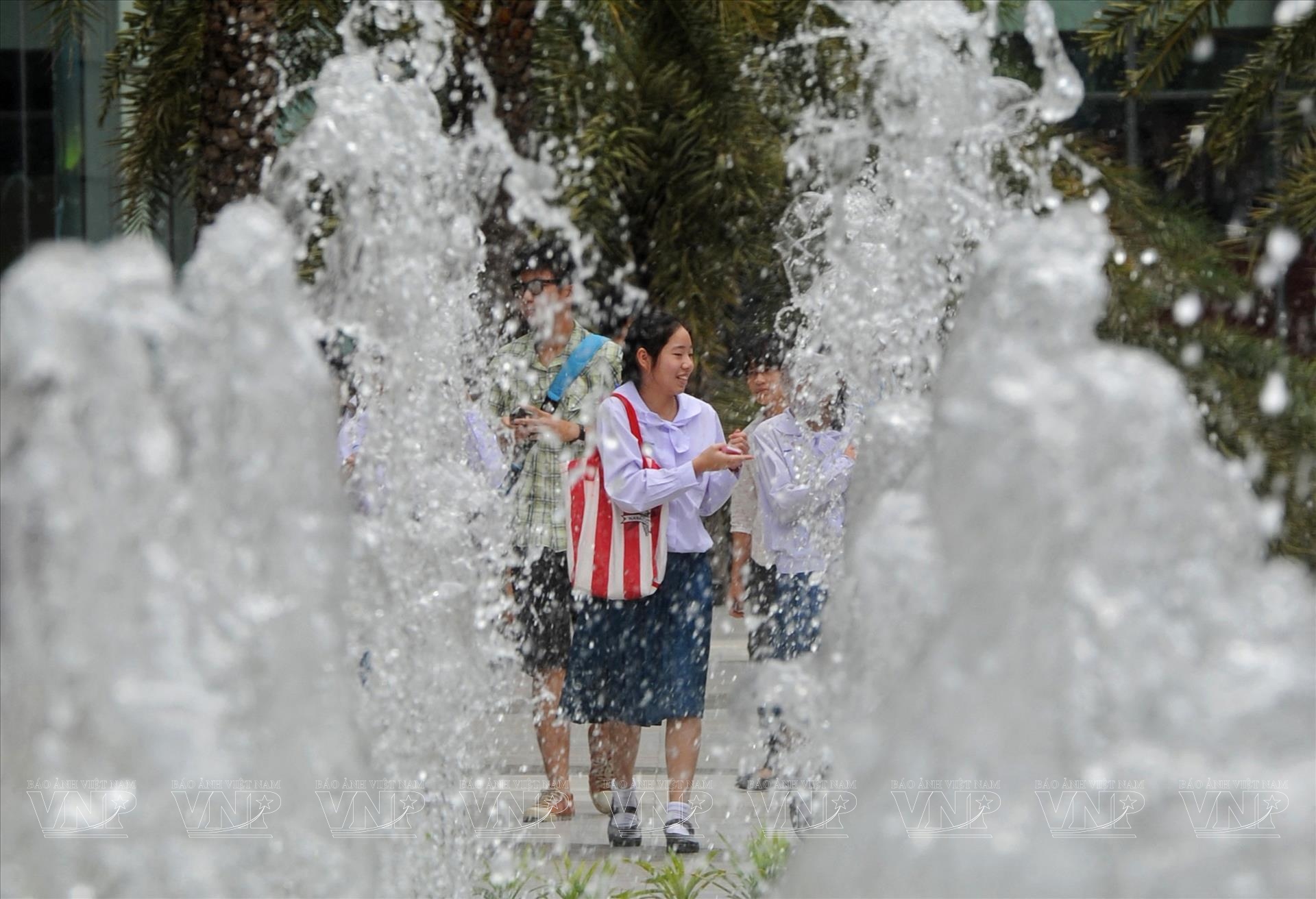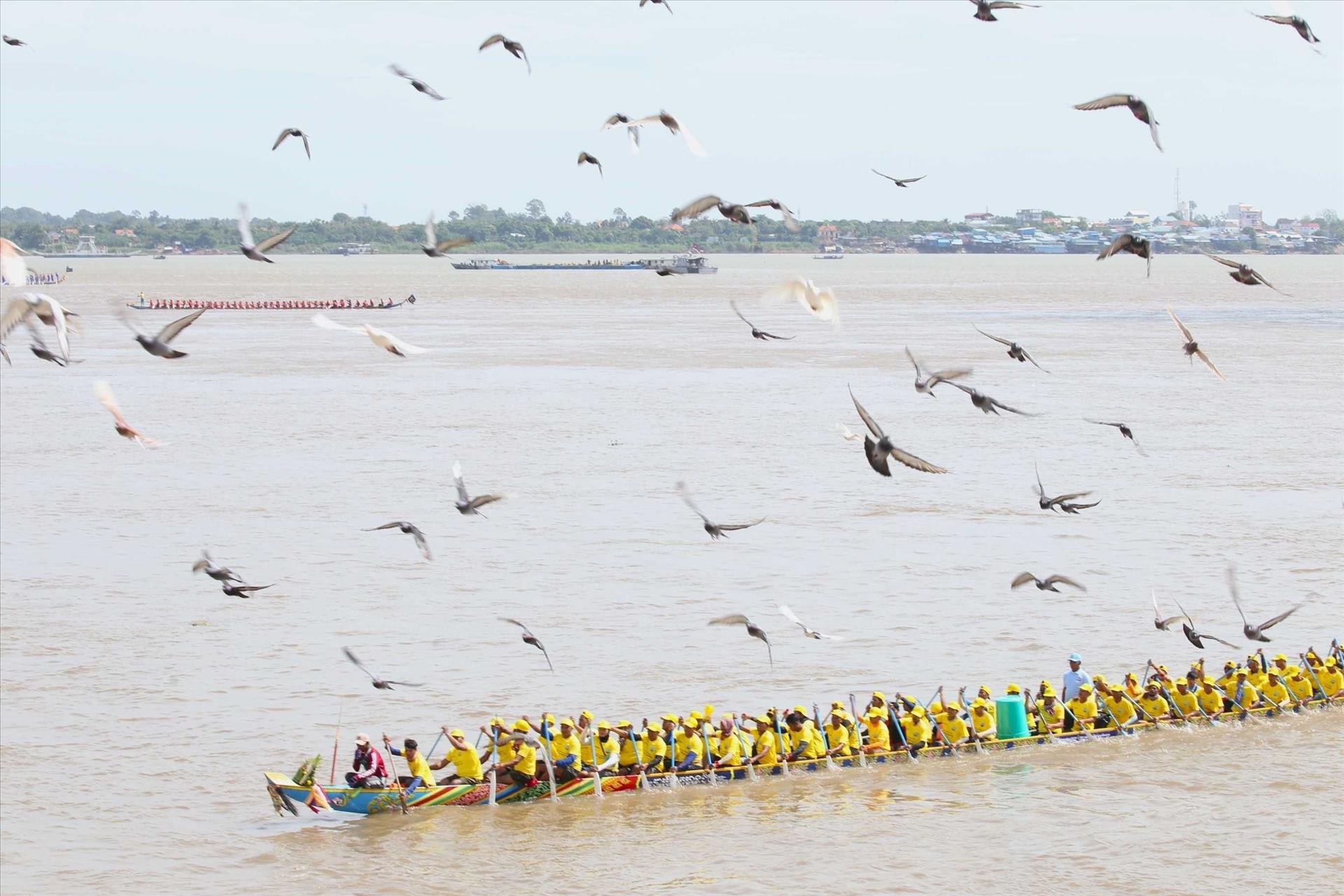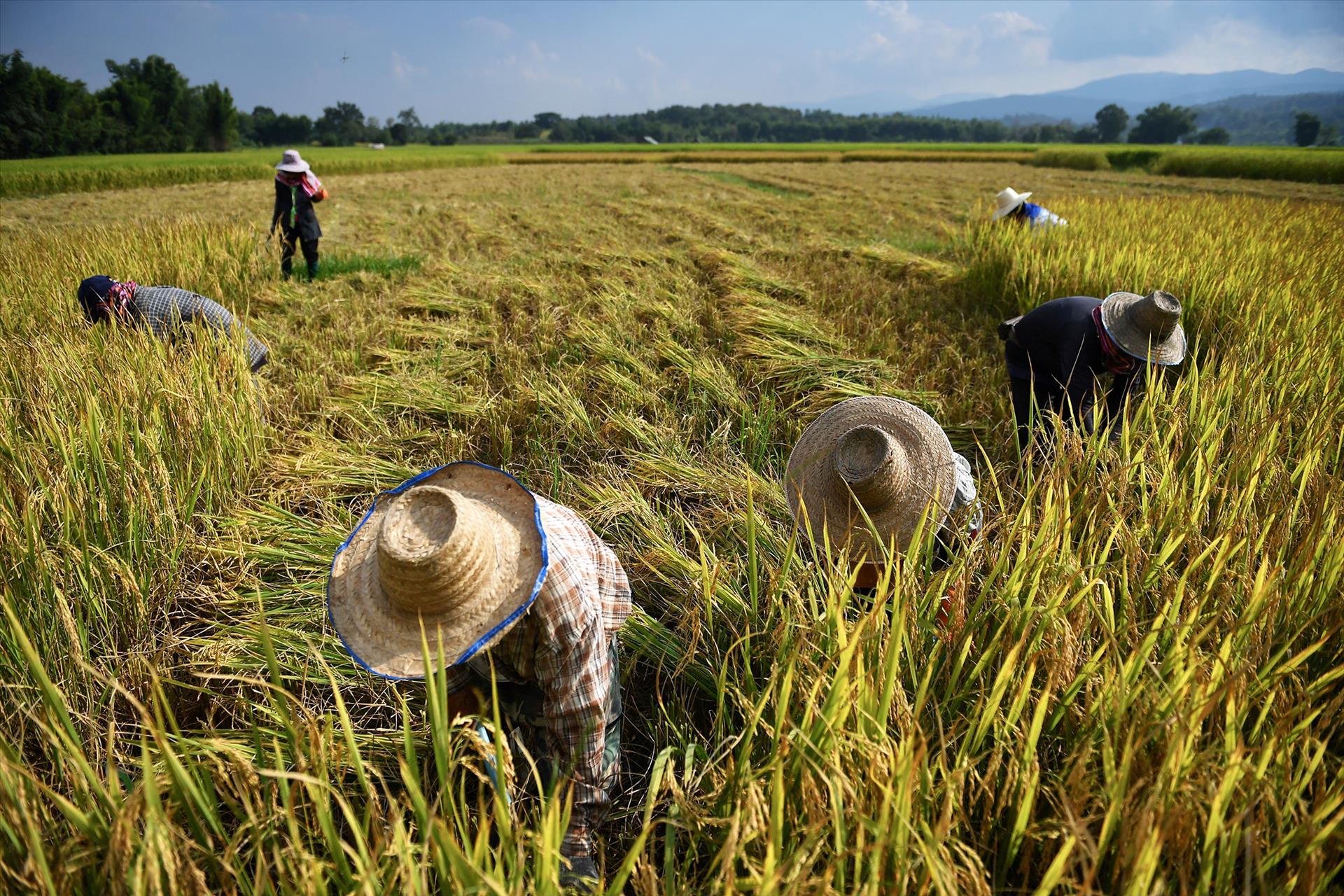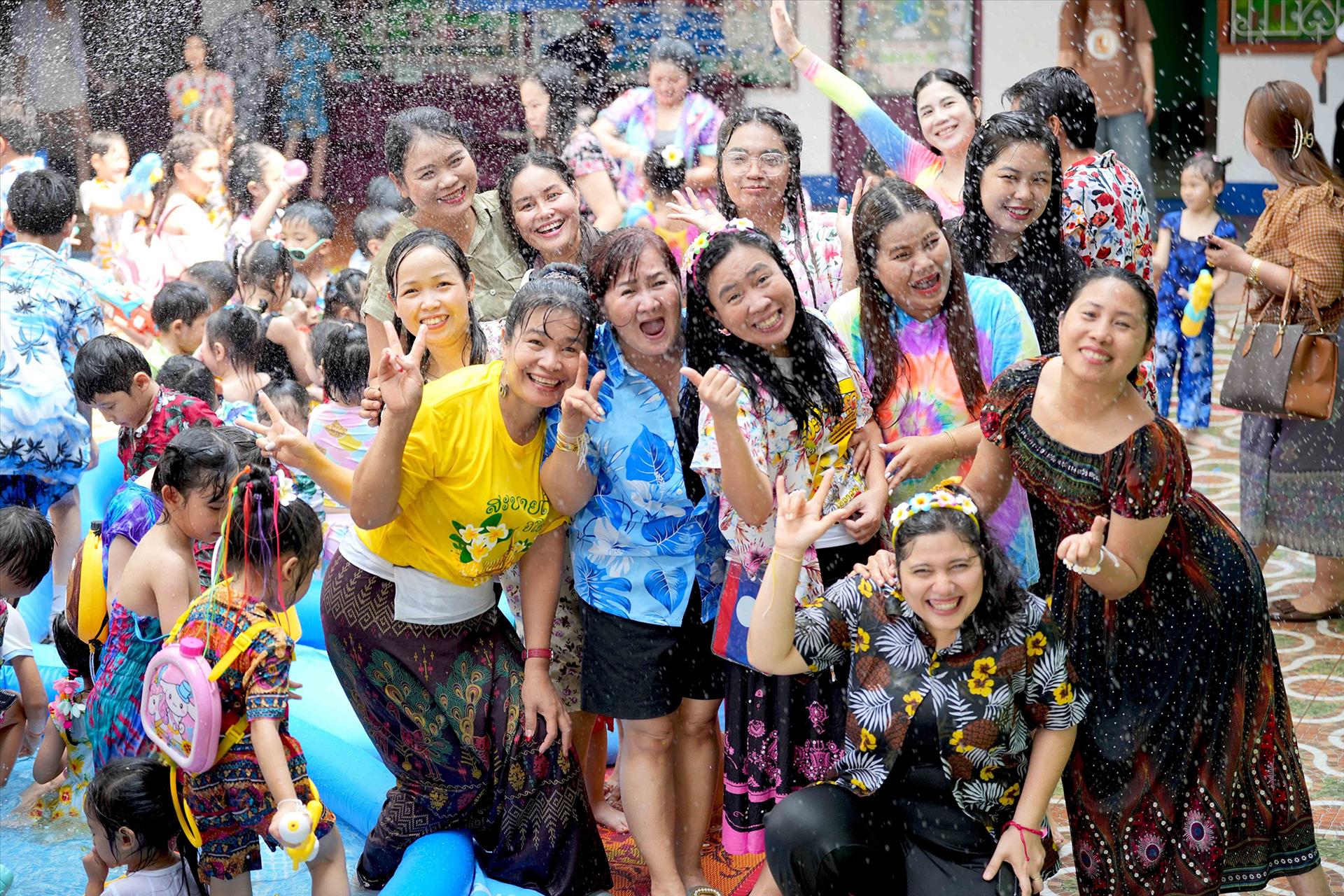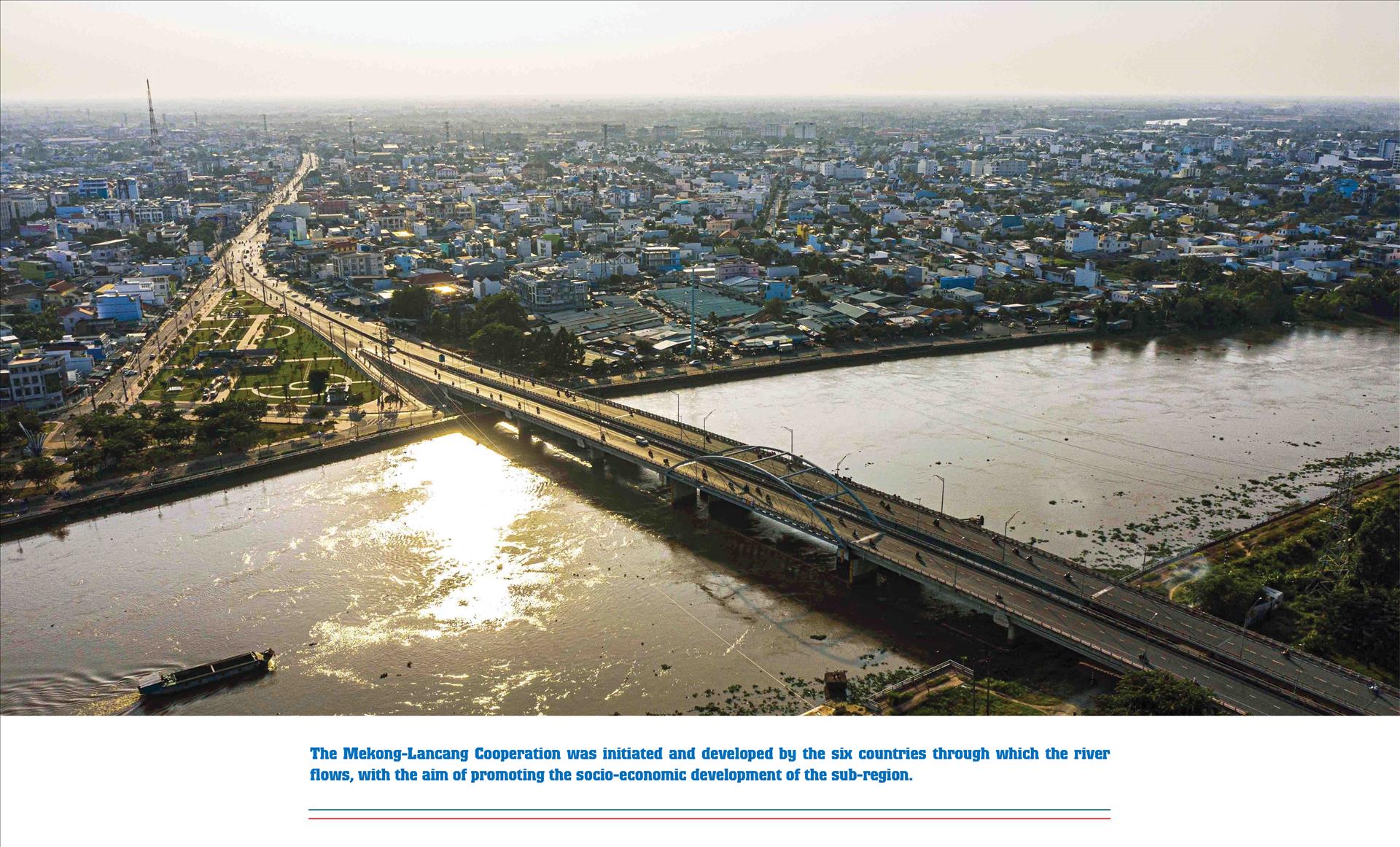Mekong River Water Resources - Top Priority of Mekong - Lancang Cooperation
The Mekong-Lancang Cooperation (MLC) has recently made significant progress, fostering a peaceful, stable, and sustainable Mekong region. Among these achievements, the protection of the Mekong River’s water resources stands out as a top priority due to its crucial and decisive role in the region’s agriculture.These conclusions were highlighted during the 9th Foreign Ministers' Meeting, recently held in Chiang Mai, Thailand. The meeting brought together representatives from Cambodia, Laos, Myanmar, Thailand, th Mekong-Lancang Cooperation China, and Vietnam.
With the theme “Towards a Safer and Cleaner Mekong-Lancang Community”, the countries affirmed that sustainable water management remains a top priority. They also reaffirmed their commitments to effectively implement the Action Plan for Lancang-Mekong Water Resources Cooperation during the 2023-2027 period and supported Vietnam's proposal to host the 2nd Mekong-Lancang Ministers' Meeting on water resources cooperation in 2025.

The countries praised the impressive results of the Mekong-Lancang Cooperation, highlighted by nearly 100 projects funded by the Mekong-Lancang Special Fund. These projects have delivered tangible benefits to the people, local communities, and businesses across various sectors, including trade, agriculture, tourism, water resource management, environmental protection, green development, healthcare, poverty reduction, and women's empowerment.
At the meeting, the member countries proposed many new ideas to seize opportunities from new development trends in digital transformation, green transformation, scientific and technological advances, and application of artificial intelligence to serve development. The countries agreed to boost connectivity by developing rail, road, and air transport systems, ensure stable supply chains, promote smart and sustainable agriculture, strengthen climate change resilience, mitigate natural disasters, reduce air pollution, and combat cross-border crimes.
Speaking at the meeting, Vietnamese Deputy Minister of Foreign Affairs Nguyen Minh Hang affirmed Vietnam's strong commitment to and effective contributions to the Mekong-Lancang Cooperation. She made several important proposals to realize the development vision endorsed by the Mekong-Lancang leaders. Hang underlined the need to expand markets; strengthen sustainable supply chains; promote transport infrastructure connectivity; prioritize enhancing scientific and technological capabilities; and foster innovation by effectively implementing the Mekong- Lancang Innovation Corridor. To build a green, sustainable, and inclusive Mekong-Lancang region, the member countries need to closely coordinate in managing and using natural resources and responding to climate change.
The member countries should further strengthen Mekong-Lancang Cooperation on water resources, strengthen collaboration in flood and drought management, share hydrological data, conduct joint research as well as continue to contribute to fostering friendly neighborly relations and deep ties among the people of the six countries, she said.
Towards the 10th founding anniversary of the Mekong-Lancang Cooperation in 2025, Vietnam proposed strengthening and further diversifying people-to-people and youth exchanges, and connections between localities and businesses, and seeking new cooperation initiatives from the six countries’ young people, targeting more effective and practical cooperation, broader areas of collaboration, deeper involvement of various social sectors, and more tangible benefits for the people
Story: VNP Photos: VNA Translated by Nguyen Tuoi
